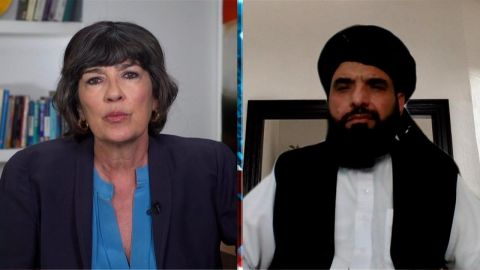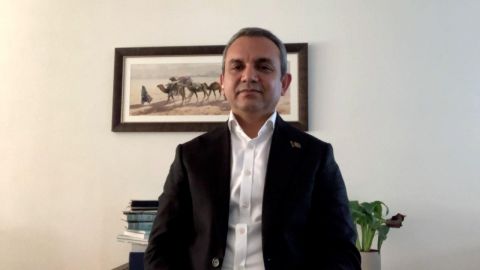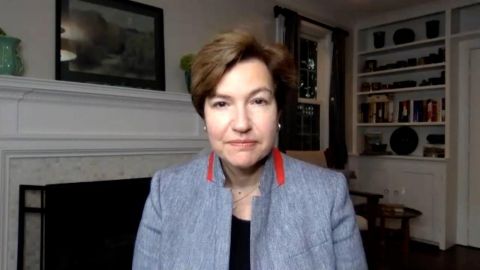Read Transcript EXPAND
NADER NADERY, SENIOR MEMBER, AFGHAN PEACE NEGOTIATION TEAM: Well, thank you very much, Christiane. I’m certainly surprised, because, in the past 10 months, we keep pushing for a peaceful settlement. We have shown every moment the sense of urgency to end this conflict through peaceful means. What is on our agenda is an immediate cease-fire and a political settlement. We have just concluded two days of senior level talks with the Taliban in Doha. And every attempts that we have made to show flexibility, creativity and commitment to end this war through peaceful means were not agreed upon. We have tried to find a common ground and tried to show the peaceful path that’s in the benefit of our people. We did suggest it that we need to make a cease-fire as soon as possible, because our people are suffering. Christiane, my other hat that I wear is that I chair the Civil Service Commission. We have looked in the past three weeks of the conflict, and we have saw where the Taliban have taken over or the fights have carried out, what was the damage? In 160 districts, we have seen 260 public administration buildings and infrastructure were destroyed. That’s a significant cost for a poor country like us, part of it which was paid by generous — generously by the United States and our other allies. At the same time, a lot of offices were looted. A lot of civilians were killed. We need to end this war as soon as possible. Women rights are not something that has been brought to us, Christiane.
CHRISTIANE AMANPOUR: So, Nader, yes, I want to ask you. I want to ask you first about what Suhail Shaheen just said. He was very clear about the issue of rolling up territory under the guise of these negotiations. He said, we’re not doing that. We’re not on the offensive. They’re coming to us. They’re negotiating to us. What is your view on how much territory is falling voluntarily by people who may not have any more faith in the Afghan government after all these all these years?
NADERY: Well, Christiane, there have been a smaller number of districts who have turned down, put their guns and left the districts. And it was part of the during — or not part of, but during the strategic consolidation of our forces. We have had some setbacks. But you look at the indicators, Christiane, when you look at the number of population who were displaced from the districts where the Taliban are running fights or being taken over, it is appalling. The United Nations just reported last week that it’s around 65,000 people were displaced. That’s one indicator. If people are voluntarily turning down their guns to them or (INAUDIBLE) then why people are leaving?
About This Episode EXPAND
The New Yorker’s Susan Glasser broke the story of Former President Trump and General Mark Milley’s clash on Iran and joins the show to discuss what she found.
LEARN MORE



